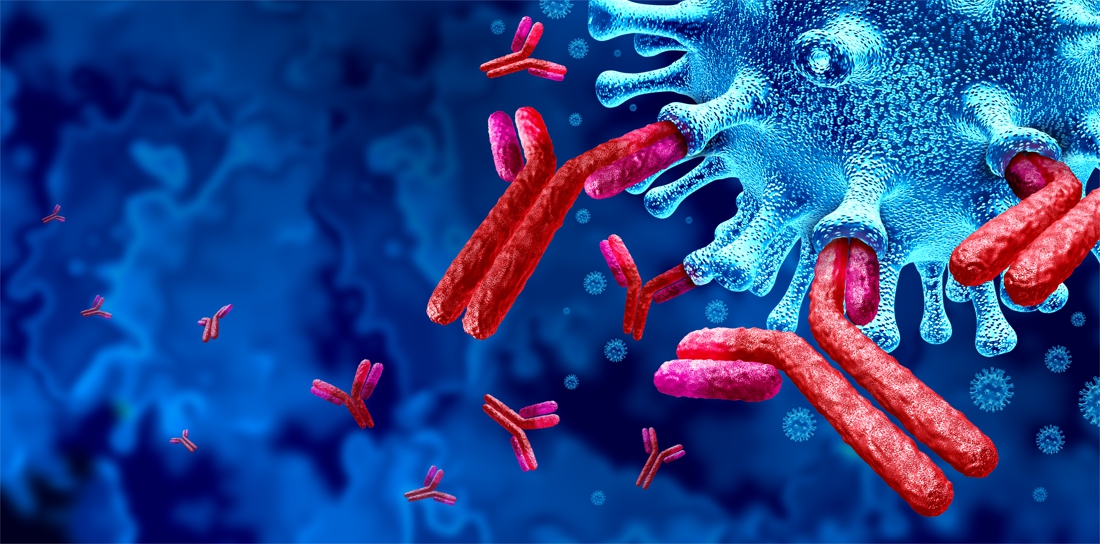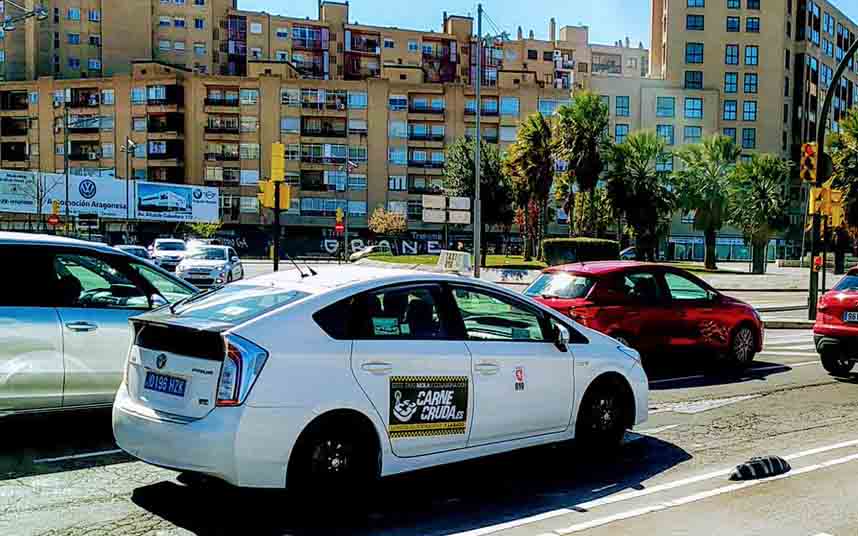Antibodies against the coronavirus do not remain in everyone’s blood for the same length of time. This is evident from a study by the UZ Brussel.
–
In recent months, UZ Brussel has conducted a study into the presence of antibodies against the corona virus in the blood of the hospital staff. The third phase of that study shows that the number of staff members with antibodies in the third phase (between October 5 and October 30) has been halved compared to five months ago: where in the first phase of the study (between May 18 and June 12), 7 While 4 percent of the 2,662 participants tested positive for antibodies, this now dropped to 5.5 percent. “A percentage that is barely higher than that of the general population,” the hospital reports.
Moreover, of the 185 participants who had antibodies in phase 1, only 49.7 percent appeared to still have antibodies five months later. “This research shows that antibodies remain in the blood longer in some people than in others,” says Professor Sabine Allard, head of Internal Medicine. “The exact reason for this is not yet clear. This could possibly be explained by the severity of the symptoms at the time of infection, but this needs further investigation. In any case, it demonstrates the importance of continuing to observe all protective measures, even after an infection ”.
According to Allard, there is also a chance that participants in the study who tested positive for the coronavirus but were found to have no antibodies in the blood “may still develop antibodies at a later time, or have developed a ‘different’ immune response against Covid-19. Because antibodies are not the only aspect that determines the strength of an immune system. In this way, white blood cells also fight pathogens that enter the body. ”
– .


